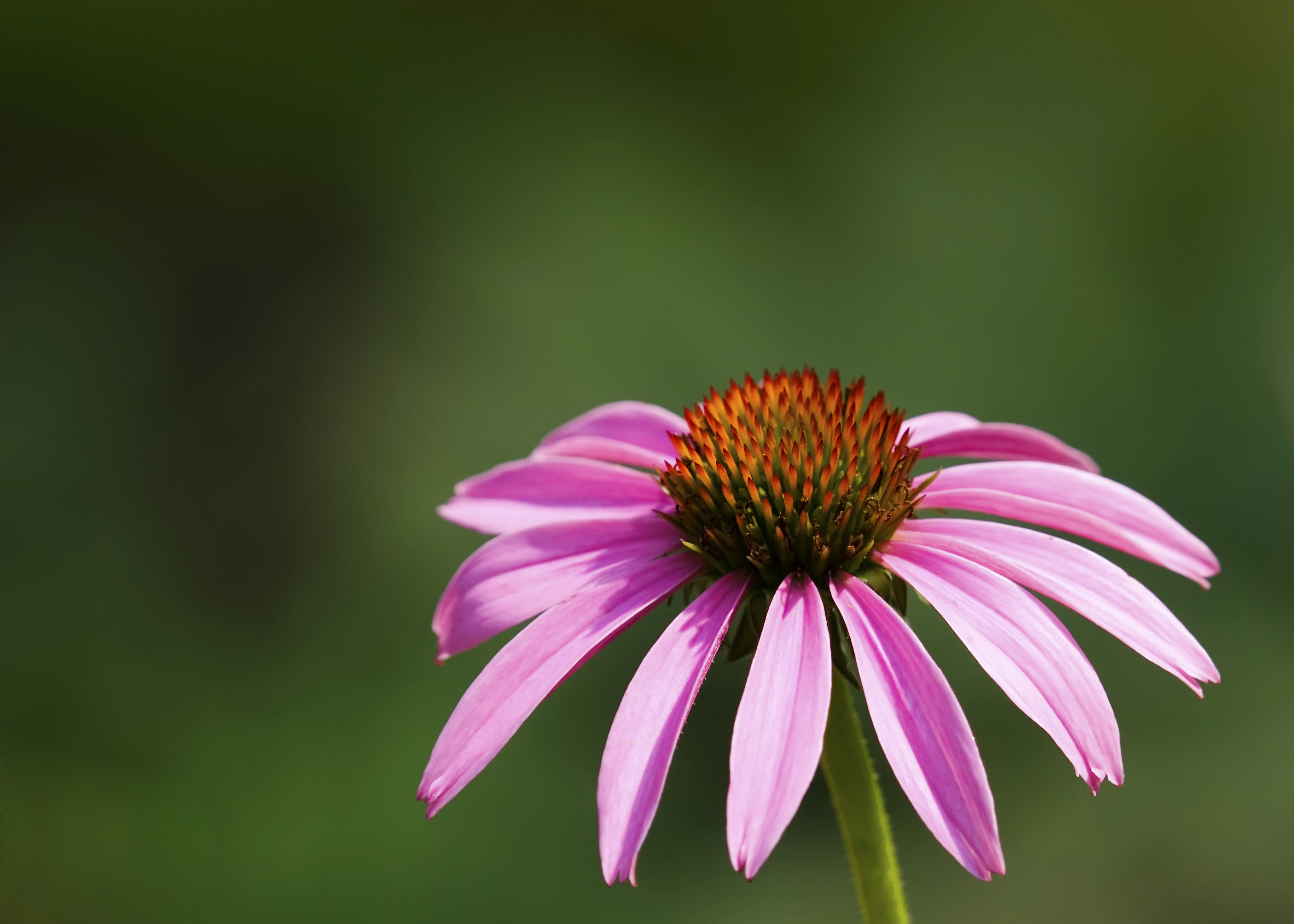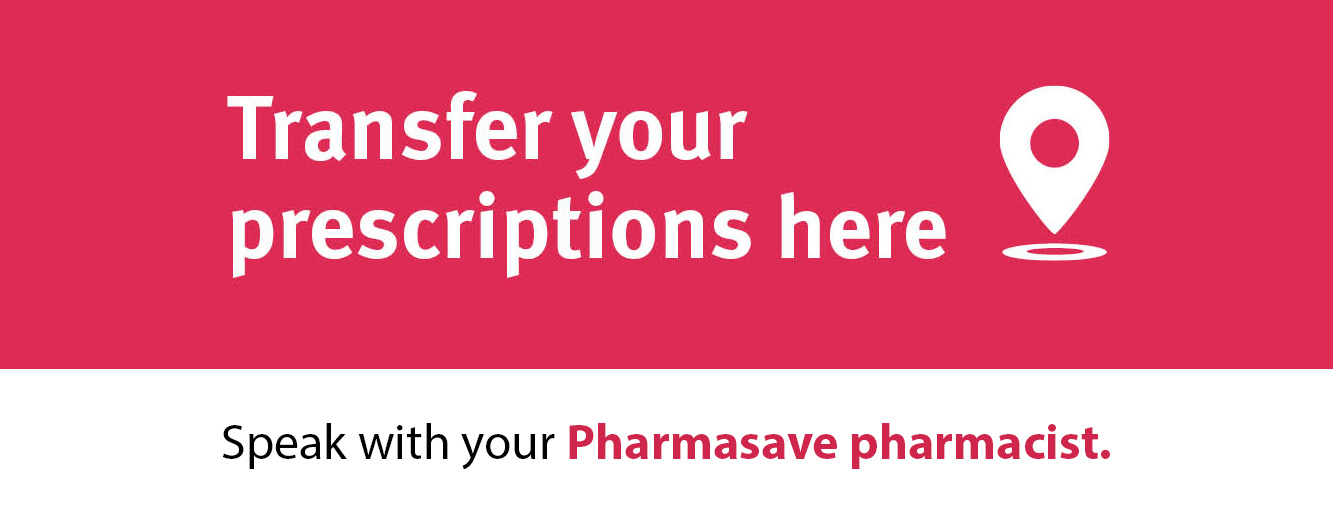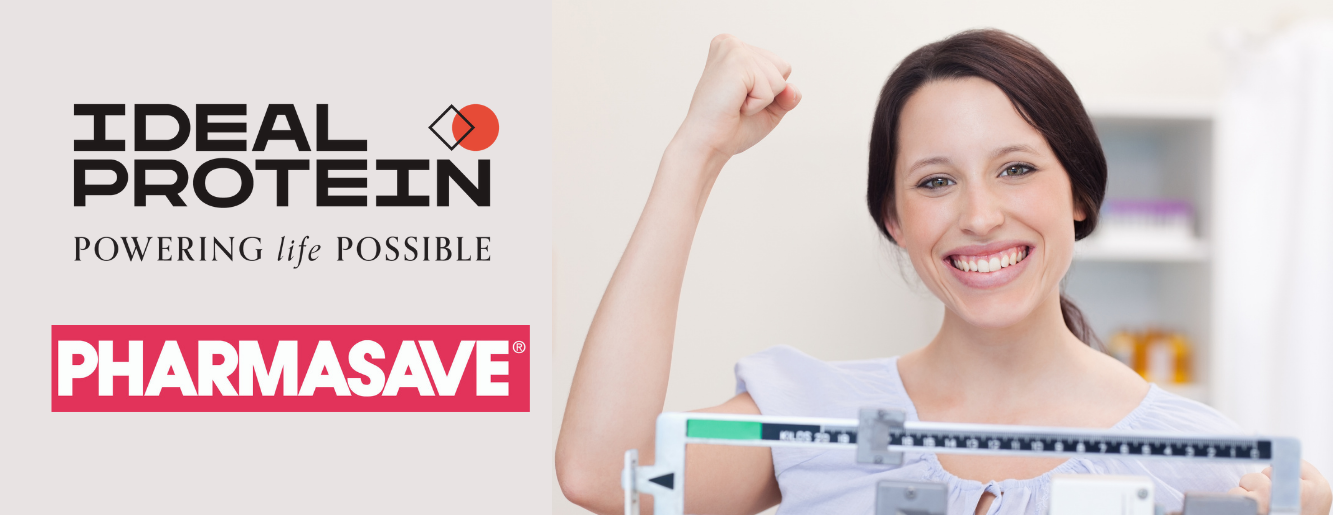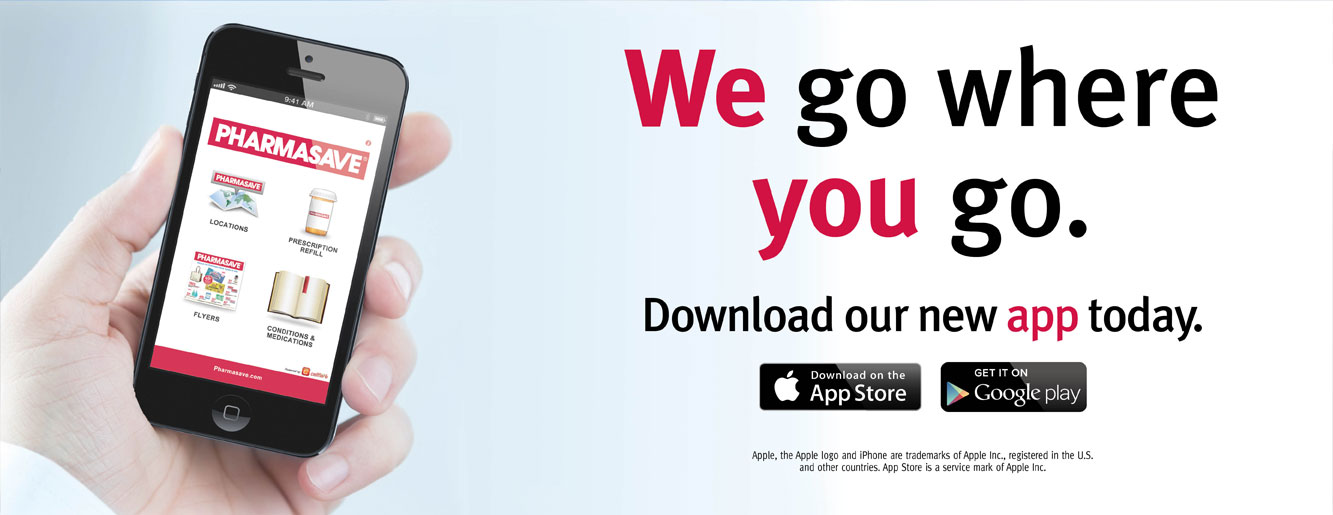Dr. Henry Cheng
Old Man Winter is just around the corner and people are gearing up for flu and cold prevention. Despite the advent of many other herbal immune stimulants, Echinacea is still the king of all herbs for flu and cold. Canadians spend over 20 million a year on this immune stimulator. Taken at an early stage of a cold or flu, most people find it very effective in shortening the illness and lessening symptoms. Taken intermittently during health, it seems to help cut down the incidence of getting sick. Combinations with Golden Seal, Vitamin C, Zinc, Thymus extract, Baptisia, Thuya and other herbs seem to work even better. Recently the use of Echinacea has been broadened to include repeated chest and skin infections, as well as in sports medicine to prevent exertion-induced immuno-suppression. A special preparation of Echinacea Angustifolia called Anz Ease® has been found to be very effective for relieving stress especially panic attacks.
Qualities vary drastically from one brand of Echinacea to another. Choose one that is standardized against the active ingredient “Echinacoside”, or one that your health professional had good experience with. Alcoholic extracts and chewable preparations seem to work faster as they get absorbed quicker. One particular preparation from Germany called Esberitox® is said to be the No. 1 herbal product in Germany. It works better than the ordinary Echinacea because it contains two different species of Echinacea (E. Purpurea and E. Pallida) as well as two other herbs that enhance immunity. These extra ingredients are Baptisia Tinctoria and Thuja Occidentalis. Not only is Esberitox® palatable but it does not impart a numbing sensation to the tongue as preparations made of E. Angustifolia do. The safety of Echinacea in pregnancy, nursing mothers and children has not been established, although the “MotherRisk Program” which followed 206 pregnant women from 1996 to 1998 found no increase risk of abnormalities in both mother and child from taking Echinacea. It would be safer for pregnant women, nursing mothers, and children to take homeopathic preparations like Oscillococcinum®, Echinacea Compositum®, etc. instead of taking herbal preparations. These homeopathic products have no age restriction and are safe for pregnancy and lactation. Side effects from Echinacea are rare. However, people who are allergic to daisy and sunflower may have cross allergies to Echinacea. Being an immune stimulator, it opposes the effects of steroids and chemotherapy so people on these therapies should avoid taking Echinacea. Similarly, people with an underlying auto-immune disease like Lupus, Rheumatoid arthritis, Crohn’s Disease, Ulcerative Colitis, Multiple Sclerosis, etc. should not be taking Echinacea. It is also contraindicated in AIDS and HIV because Echinacea enhances the production of tumour necrosis factor and alpha-interferon.
In health, Echinacea should be taken intermittently. A typical schedule is to take it on alternating weeks. A practical guideline is to take it before anticipated exposure, in the fall and winter. Lots of fluid intake, a healthy diet, adequate rest, and effective stress management certainly help to cut down the risk of catching the flu bug.
Dr. Henry Cheng is a medical graduate of the University of London, England, and is now Natural Products Consultant at Pharmasave Health Centre Downtown Cloverdale.
Image © Amdiederich | Dreamstime Stock Photos & Stock Free Images




